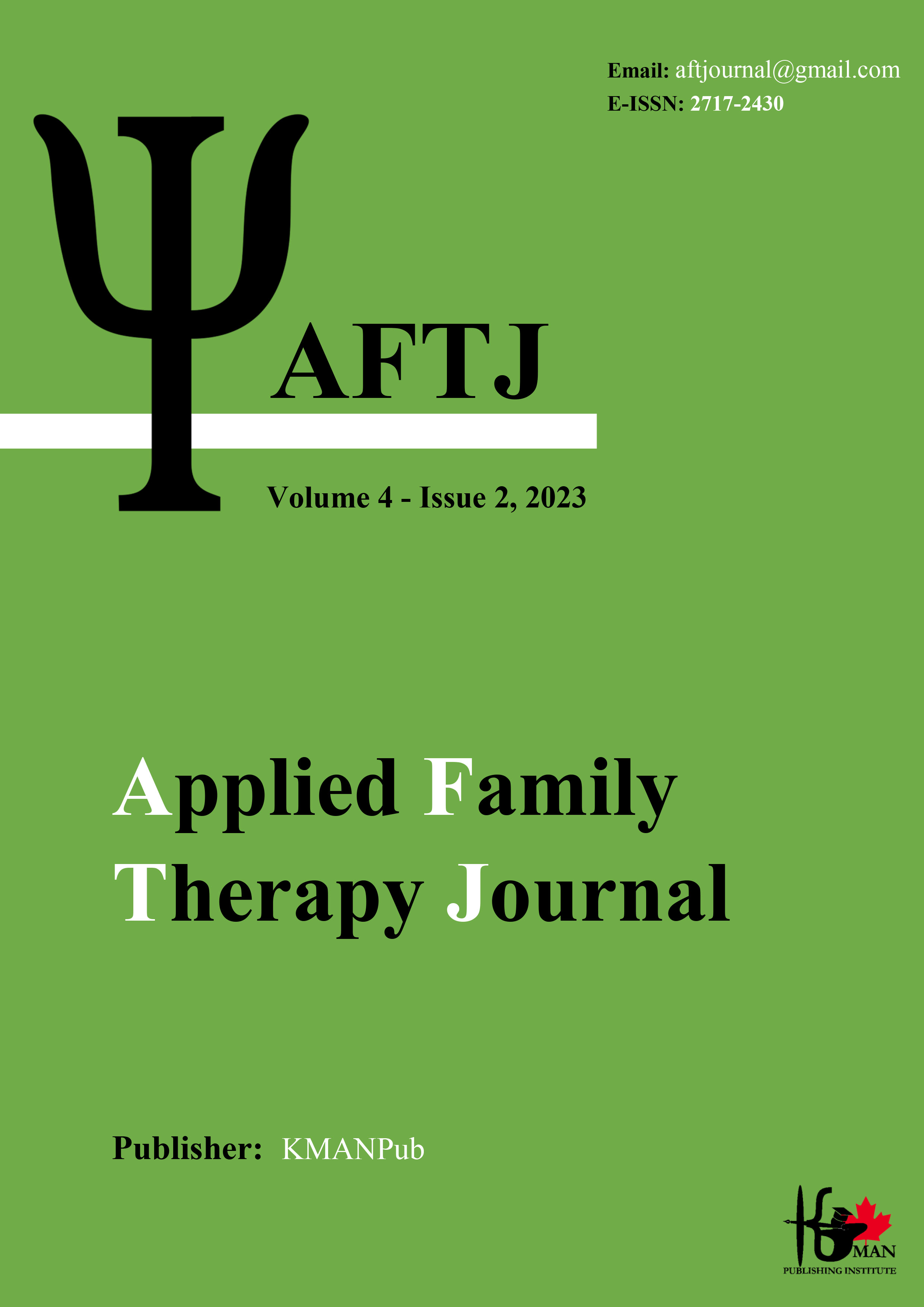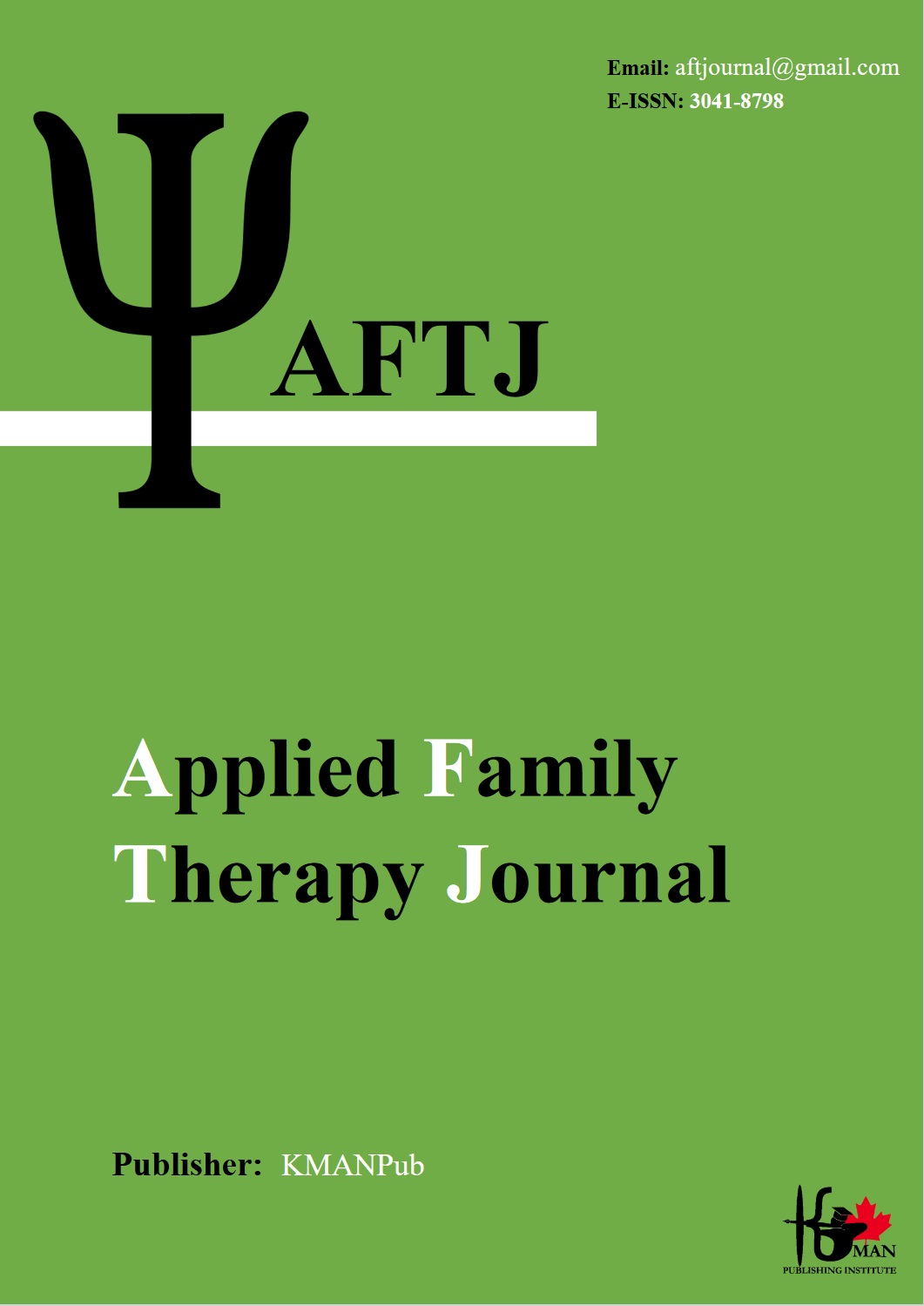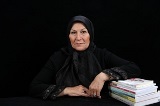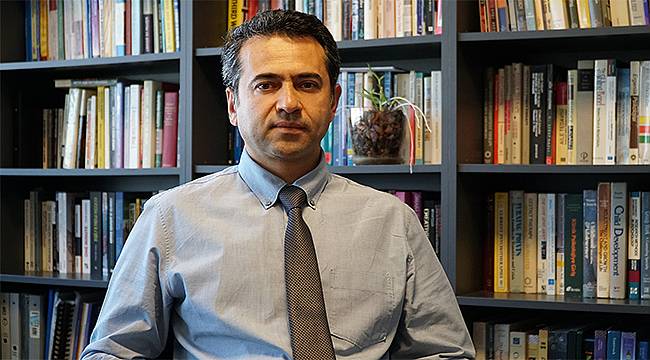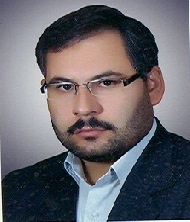Analysis of the Clergy's Perspective on Cultural Invasion and Its Impact on Iranian Families
Keywords:
Cultural invasion, media, Iranian family, soft war, virtual spaceAbstract
Aim: This study aimed to analyze the cultural invasion and its damages to the Iranian family foundation from the perspective of the Clergy's viewpoint. Method: This research was conducted using a descriptive-analytical method, relying on library resources. Results: One of the social functions of the media is its role in introducing the concept of family to the audience. They often depict families as distinguishable and prominent units. This method transfers the family foundation from one generation to another. The purpose of this research is to identify the destructive effects of cultural invasion, soft war, and cultural damages to Iranian families from the perspective of the Clergy. Western media can impose their own definition of family on the Iranian society by repeatedly publishing their desired definition of family, thus causing a change in a society from within. This has become a concern for officials, including the Clergy. Conclusion: Data analysis showed that the virtual space and media have the most significant impact on cultural invasion.
Downloads
Downloads
Published
Issue
Section
License

This work is licensed under a Creative Commons Attribution-NonCommercial 4.0 International License.

